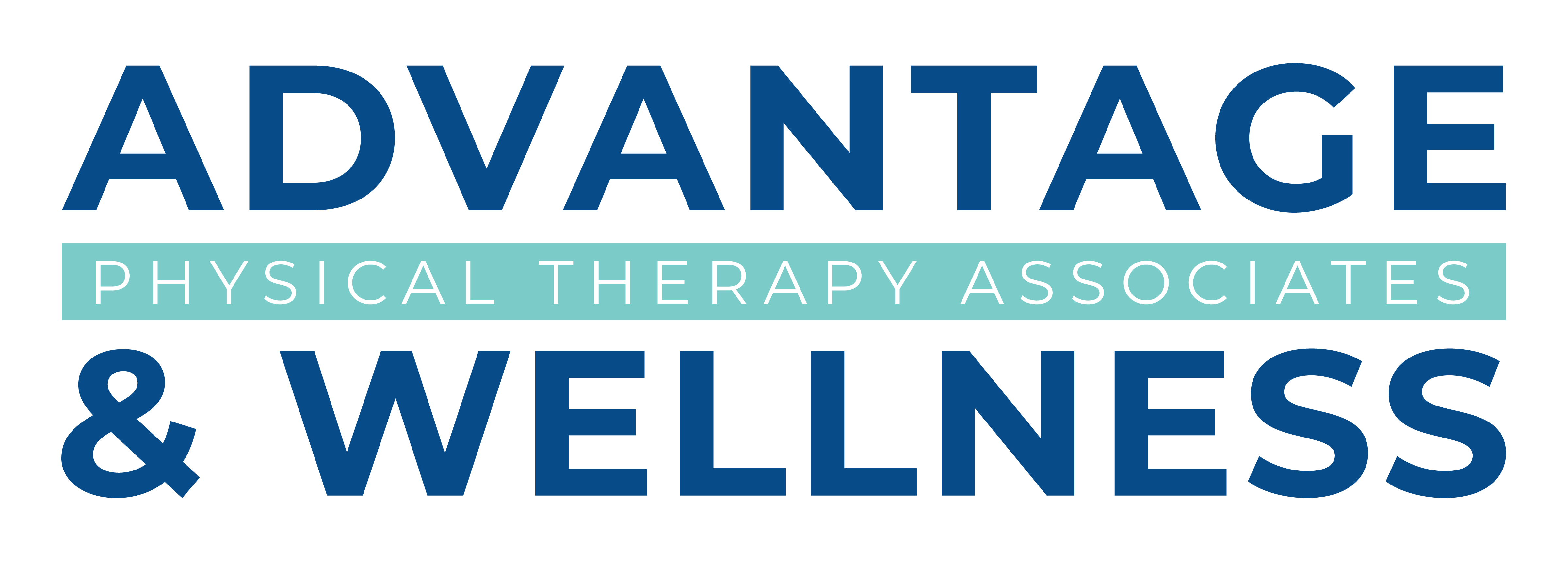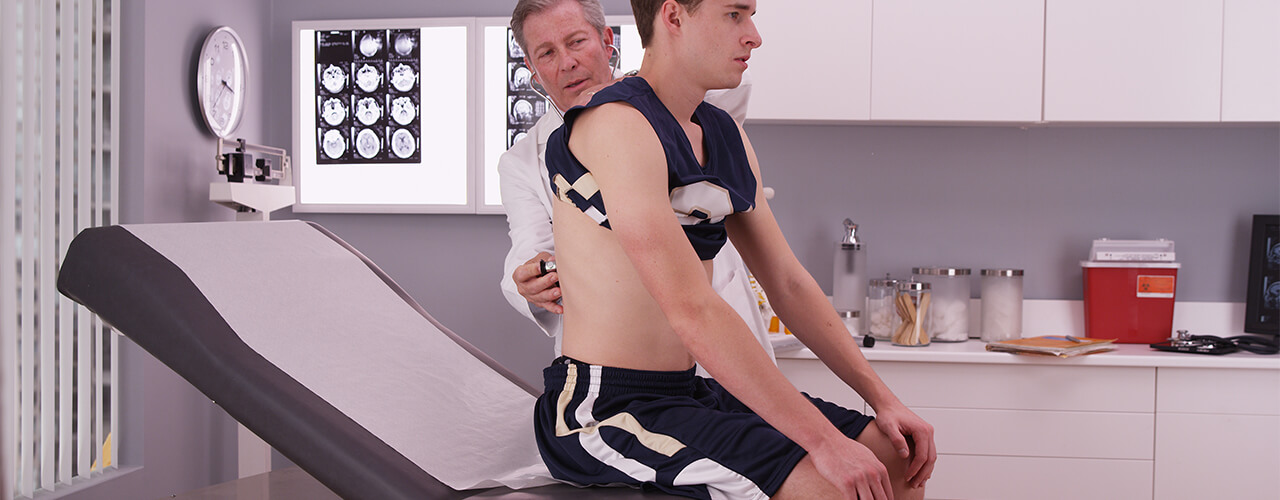Balance & Fall Prevention
General Information
Falls occur frequently and are a major cause of disability and death in senior citizens. More than one-third of people over the age of 65 have at least one fall each year.
Injuries sustained in a fall may range from trivial bruises to life-threatening trauma. Head injuries and fractures of long bones (for example, hip fractures) lead the list. It is important to realize there may be a delay in the onset of the effects of head injury.
Even falls that do not lead to injury can have a negative effect on older adults. After a fall, elderly patients often voluntarily restrict their activity because they fear another fall. This reduction in exercise leads to further weakness that, in turn, increases the risk of another fall – a vicious cycle.
Who is at risk of falling?
Everyone is at risk, and risk for falls increases as we age. This increased risk of falling is likely the result of changes that come with aging, plus other medical conditions such as arthritis, cataracts, or hip surgery.
How can I decrease my risk of falling?
Most falls occur in the home. You can make sure your home is safe by following these tips:
- Make sure that you have good lighting in your home. As your eyes age, less light reaches the back of the eyes where your vision is located. Use night-lights in your bedroom, hall, and bathroom.
- Rugs should be firmly fastened to the floor or have nonskid backing. Loose ends should be tacked down.
- Move electrical cords so they are not lying on the floor in walking areas.
- Put handrails in the bathroom for bath, shower, and toilet use.
- Don’t use stairs without rails on both sides for support. Be sure the stairs are well lit.
- In the kitchen, make sure items are within easy reach. Don’t store things too high or too low. Then you won’t have to use a stepladder or a stool to stand on.
- Wear shoes with firm non-skid, non-friction soles. Avoid wearing loose-fitting slippers that could cause you to trip.
What else can I do?
- See your eye doctor once a year.
- Take good care of your feet and have them examined if you have pain or difficulty walking.
- Talk to your doctor about any side effects you may have with your medicines. Some side effects may contribute to falls.
- See your doctor if you have dizzy spells.
- Talk to your doctor if you have trouble holding your urine or getting to the bathroom in time to prevent urinary accidents.
- If your doctor suggests that you use a can or a walker to help you walk, please use it! This will give you extra stability when walking and may help you avoid a bad fall.
- When you get out of bed in the morning or at night to use the bathroom, sit on the side of the bed for a few minutes before standing up. Your blood pressure takes some time to adjust when you sit or stand up. If you move too quickly, your blood pressure may not be able to “keep up.” This can make you dizzy, and you might lose your balance and fall.
- Tell your doctor if you fall – medical evaluation can help!
To improve your balance, decrease your fall risk, and move better, contact Advantage Physical Therapy Associates & Wellness in Oakbrook Terrace, IL and begin your individualized program today.


